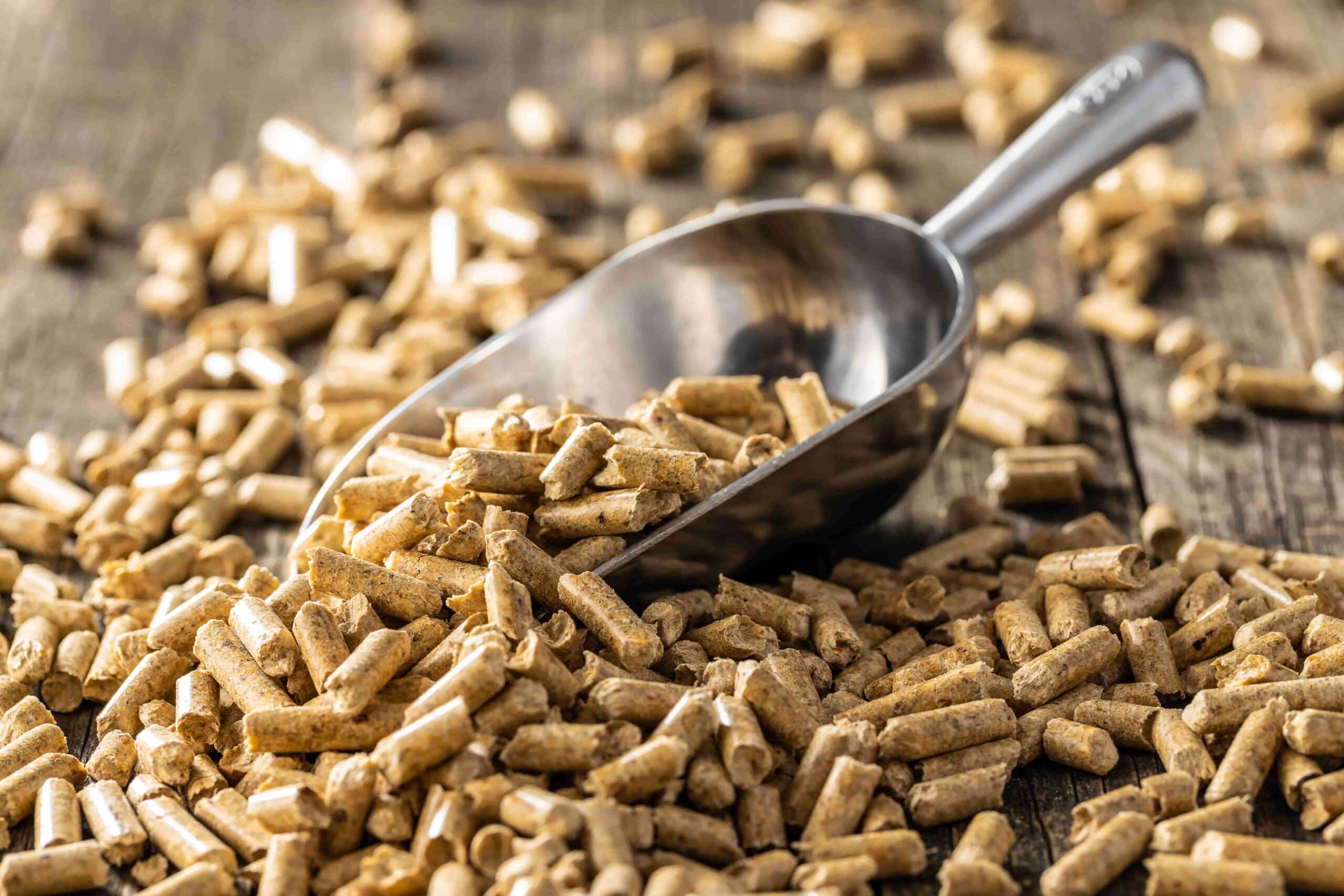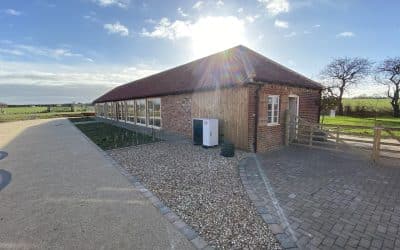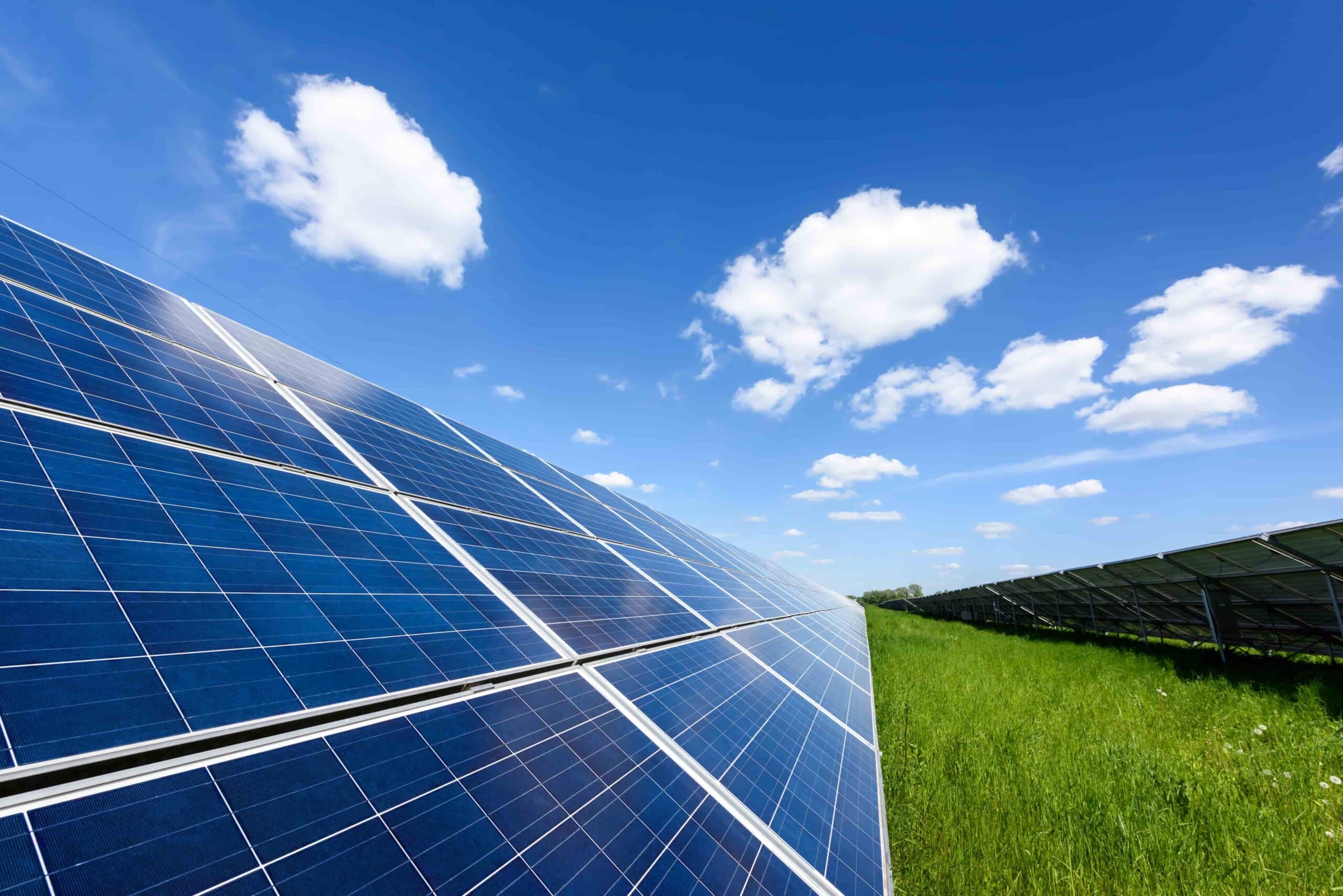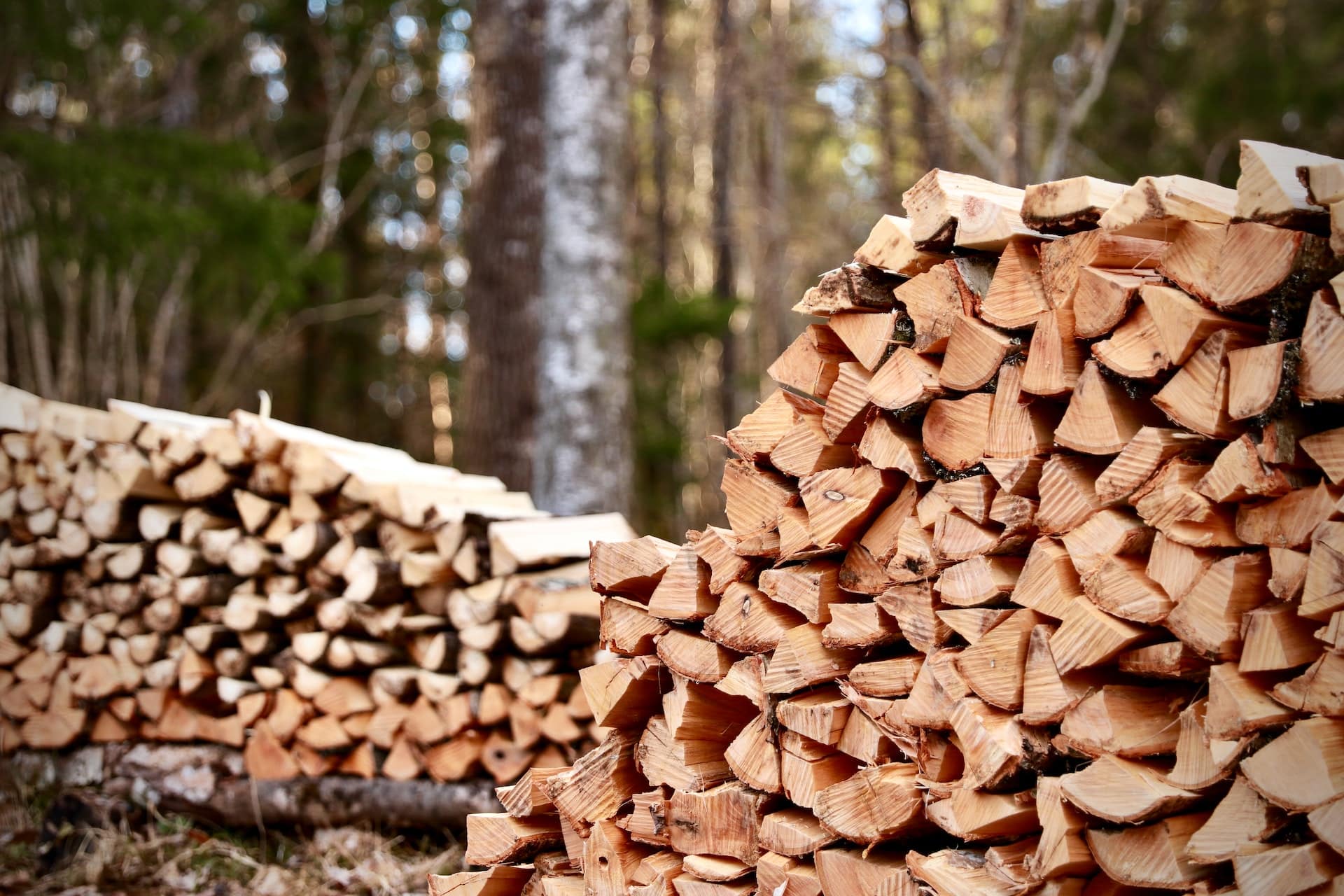If you’ve got a biomass boiler or you’re considering switching to a biomass boiler to heat your home or office, you may be wondering which fuel will be the best option for you. Should you choose wood chips or wood pellets for your biomass boiler?
Biomass is a renewable, sustainable and carbon-neutral fuel that is much cheaper than fossil fuels. Some of the most commonly used fuels for biomass boilers include wood chips, wood pellets and logs.
Both wood chips and wood pellets have some key differences that may make one more suitable for your needs than the other.
As the leading manufacturer of renewable energy heating systems in the UK, our experts at JL Phillips can help you with all of your property heating requirements. Our green-energy heating systems include biomass boilers, air source and ground source heat pumps, underfloor heating, solar panels and much more.
In this article, we’ll explore the pros and cons of wood chips and wood pellets so you can decide which is best for your biomass boiler.
Wood Chips: Advantages and Disadvantages
Wood chips are typically made from logging residue, sawmill scraps, or from the pruning of orchards, urban trees and vineyards. They are produced by chipping or grinding the wood into small pieces, which are usually less than 2 inches in size.
As a byproduct of other wood processing industries, wood chips can be made from a variety of wood species, such as hardwood or softwood. They can also be made by chipping branches, trunks and other parts of a tree (not the leaves and roots).
The Advantages
- As wood chips can be produced at sawmills and furniture manufacturing companies, they are widely available and often easier to source locally.
- Wood chips are generally cheaper than other biomass fuels, such as wood pellets, which makes them a more convenient choice for some users.
- As wood chips are made from logging residue and sawmill scraps, using them as biomass fuel helps to reduce the amount of waste produced by these industries.
- Wood chips can be used in a variety of different heating applications, including boilers, furnaces, and stoves, this makes them a versatile option.
Call us to help you install your biomass boiler along with a fuel store.
The Disadvantages
- Wood chips often have a high moisture content, which makes them difficult to burn efficiently—this can lead to increased maintenance needs for your biomass boiler.
- Wood chips produce more ash and creosote than other biomass fuels, such as wood pellets—this can clog the chimney and flue of your boiler, meaning that it will require more frequent cleaning.
- This biomass fuel can be bulky and difficult to handle and store, especially if you don’t have the necessary equipment or space.
- The quality of your wood chips may vary depending on their source, which can impact their burning efficiency and overall performance. If not carefully selected, your wood chips may have contaminants, dirt or other unwanted elements mixed with the wood, affecting the combustion process.
Wood Pellets: Advantages and Disadvantages
Wood pellets are made from compressed sawdust, wood shavings and other wood waste products. This process begins by collecting and drying the raw materials, which are then passed through a hammer mill to create sawdust.
This sawdust is transported to a pellet mill, where it is placed under high pressure and extruded through small holes to create small, cylindrical pellets. These pellets are then cooled, screened and packaged for delivery or storage.
The pressure and heat created during the process cause the lignin in the wood to melt, binding the sawdust together and creating a strong and dense pellet. While wood pellets are usually made from softwood, such as pine and spruce, they can also be made from hardwood.
The Advantages
- Wood pellets typically have a low moisture content, which means they burn more efficiently and produce fewer emissions.
- They are typically sold in bags that are easy to store and handle, which makes them more convenient to use and transport.
- This biomass fuel is made under strict standards and is produced to meet specific size and moisture content levels, making their quality more consistent than wood chips.
- Wood pellet boilers can be automated to self-feed, which eliminates the need for manual feeding. They can also be integrated with other systems such as thermostats, timers and temperature controls.
Get in touch with us for all your biomass heating requirements, including instalments, servicing and maintenance.
The Disadvantages
- Wood pellets have limited availability, and their cost may be affected by shipping costs from the producer, making them more expensive than wood chips.
- Not all wood types can be used to make wood pellets as the wood needs to have specific characteristics, such as low moisture content.
- Wood pellets require specialised equipment, such as pellet boilers, which can be more expensive than traditional wood-burning boilers. The equipment and installation costs can make this less feasible for some users.
Contact JL Phillips for Your Biomass Boiler Needs
Overall, whether wood chips or wood pellets are the better choices for your biomass boiler will depend on your individual needs and circumstances. Our experts at JL Phillips are here to help you with all your heating requirements.
We offer a wide range of renewable energy heating systems that are efficient and environmentally friendly. From heat pumps and underfloor heating to boilers and solar panels, we can provide you with the best heating options for all types of properties.
We have decades of experience in the renewable energy industry, and we can help you find the ideal heating systems based on your requirements. We also offer installation and maintenance services for your heating systems.
Check out our products and get in touch with us to learn more about our services.




